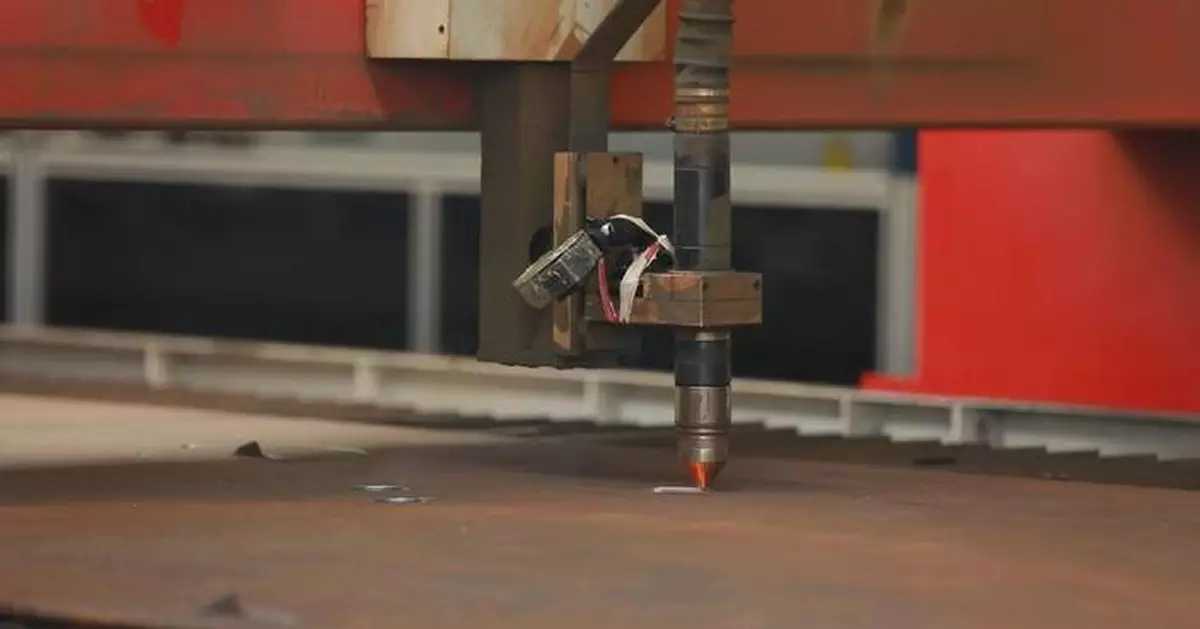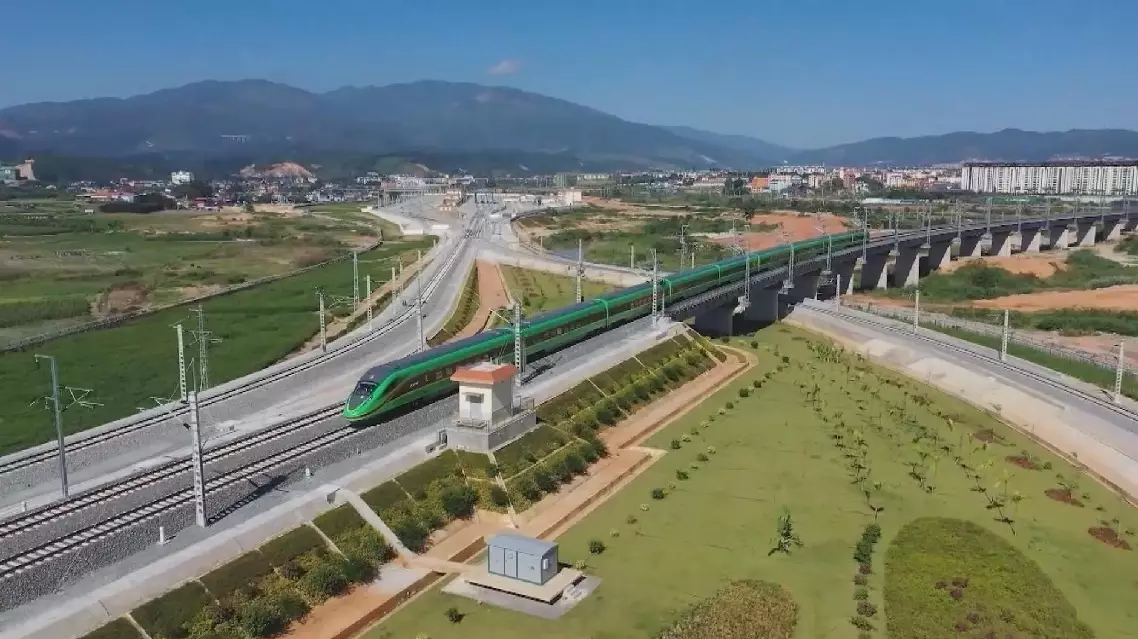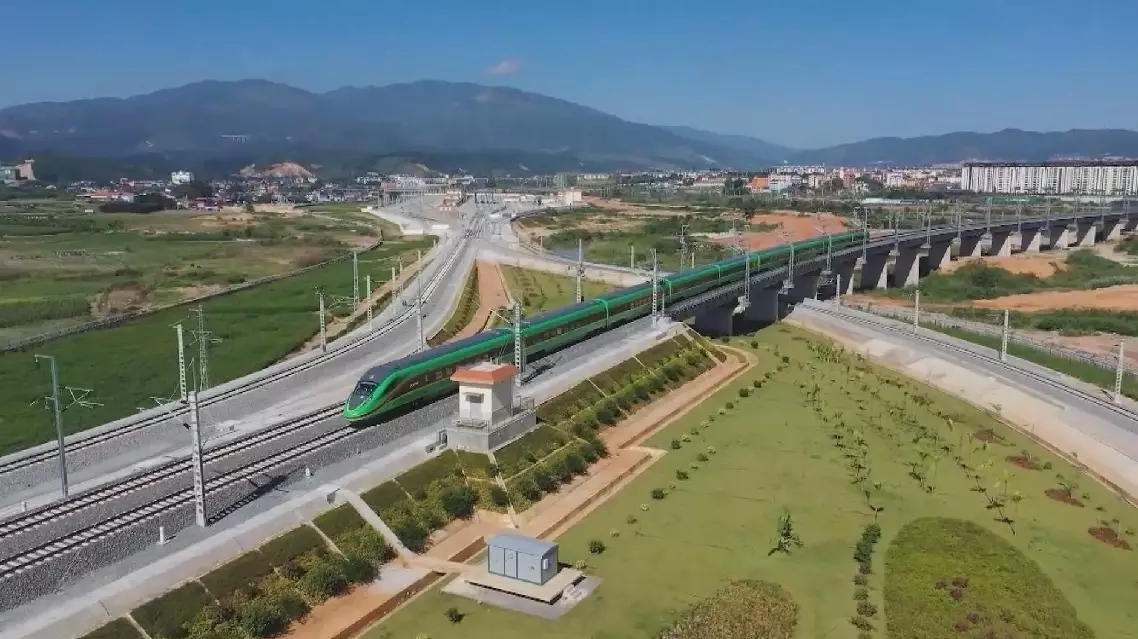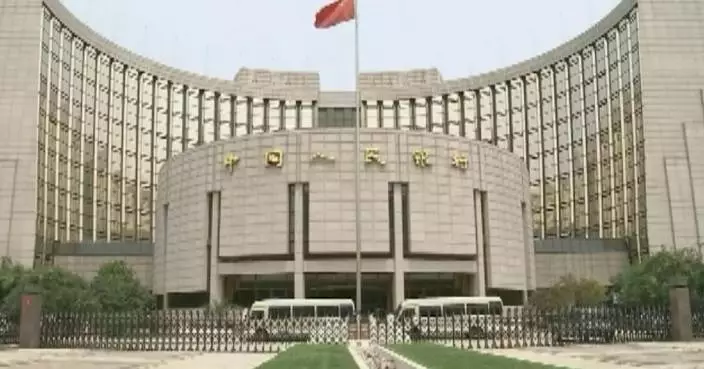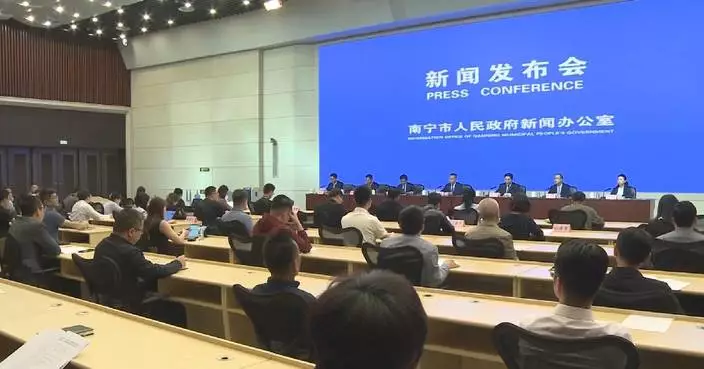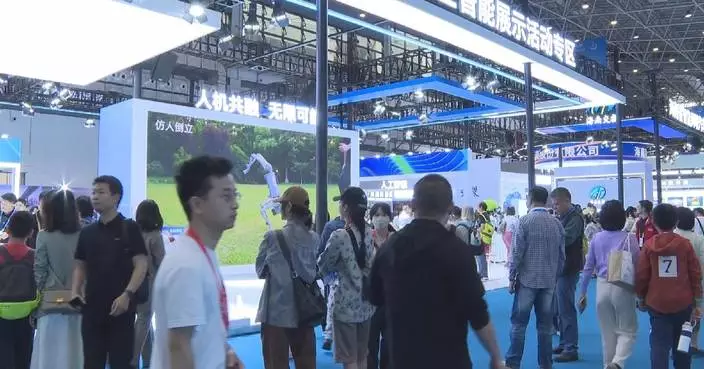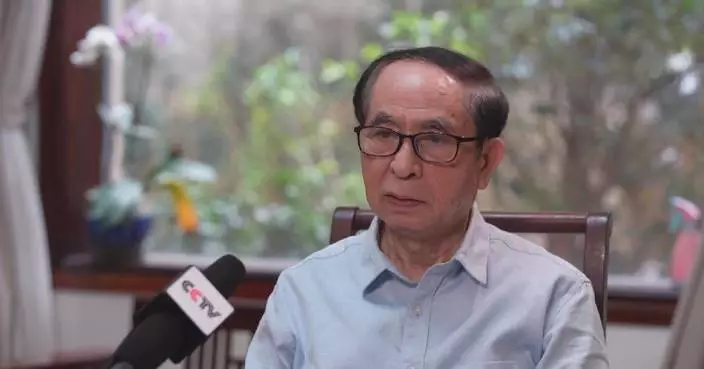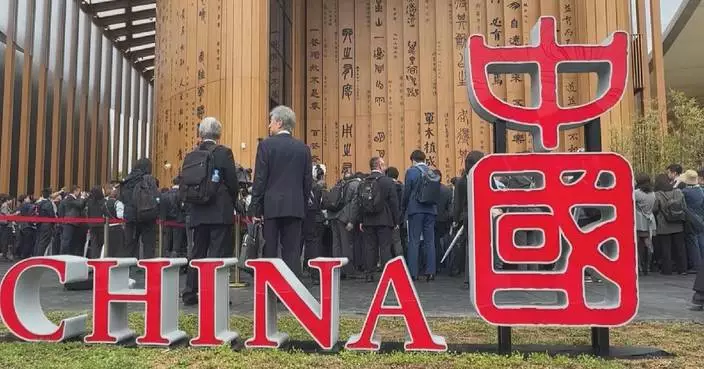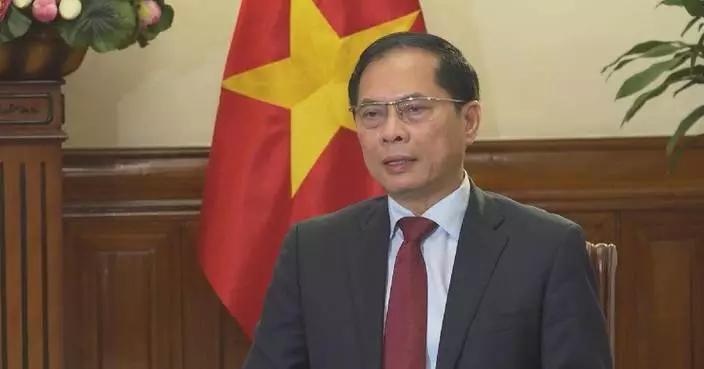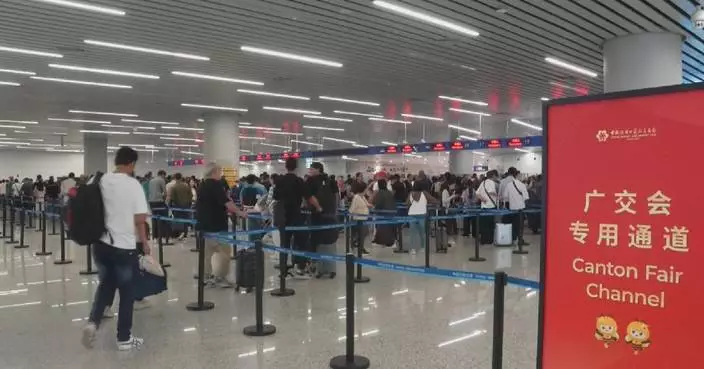The implementation of artificial intelligence (AI) technology has significantly enhanced the utilization rate of production materials at a machinery factory in Changsha, capital city of central China's Hunan province, saving billions of yuan for the factory every year.
The factory, which specializes in producing pumper trucks, has enhanced material utilization throughout its production processes by leveraging AI technology, which functions as an intelligent brain within the production system.
"We can just tap on the intelligent typesetting button on the screen, then the intelligent brain will generate a nesting diagram based on the optimal utilization rate, allowing the robot to proceed with cutting," said Guo Pengxiang, materials forming engineer with the intelligent manufacturing department of SANY Group.
According to Guo, the implementation has boosted the steel plate usage rate by an impressive 11 percentage points.
"Around 2019, the group company's steel utilization rate averaged only 70.8 percent. Even the most experienced programmers could not achieve the optimal nesting diagram for material utilization. A mere one percentage point increase in utilization could save the group 20 million yuan (2.79 million U.S. dollars) in material cost annually," said Guo.
Through continuous learning, the AI system has steadily optimized efficiency and reduced cost within the factory, which has an automation rate of nearly 80 percent.
In addition, the application of AI technology has led to a 123 percent surge in production capacity, a 98 percent boost in personnel productivity, and a notable 29 percent decrease in unit manufacturing cost.
"The system can not only optimize production processes but also interconnect all the equipment we sell. It enables collaboration among our research and development, manufacturing, sales, and after-sales teams," said Yao Zhiheng, director of the process engineering division of pump intelligent manufacturing of SANY Group.
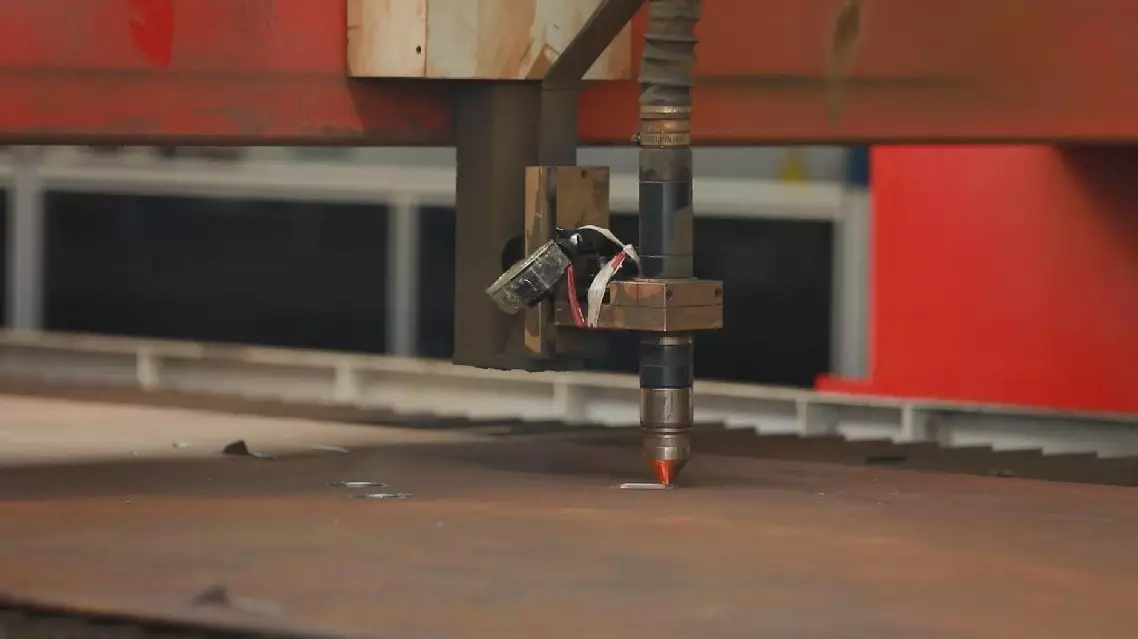
AI technology improves production efficiency, saving billions for machinery factory


